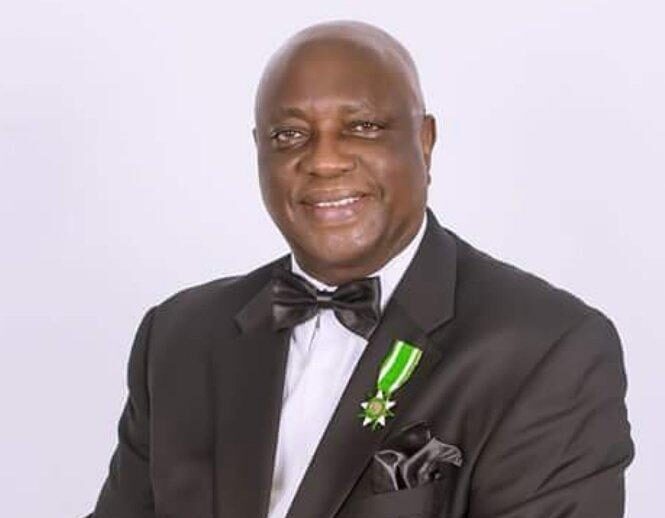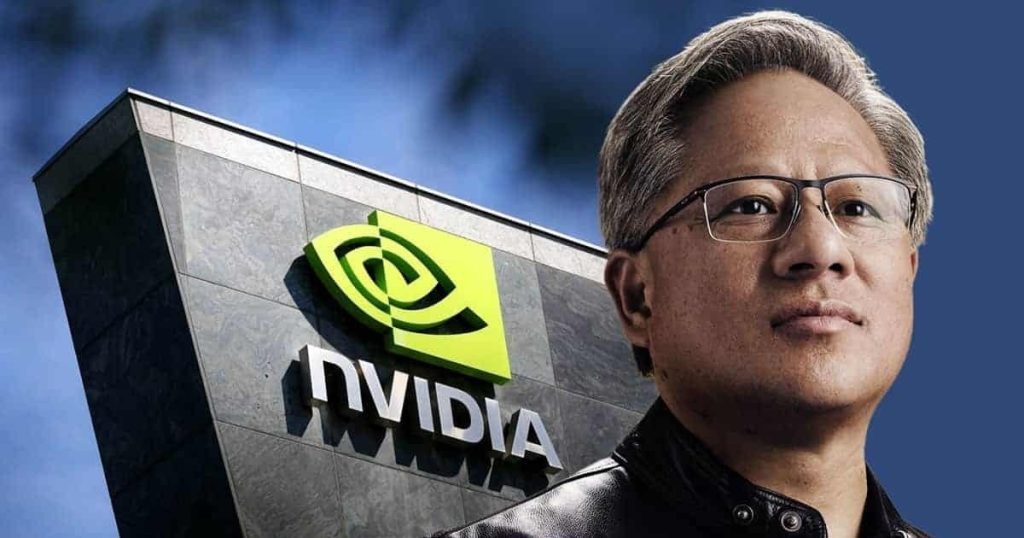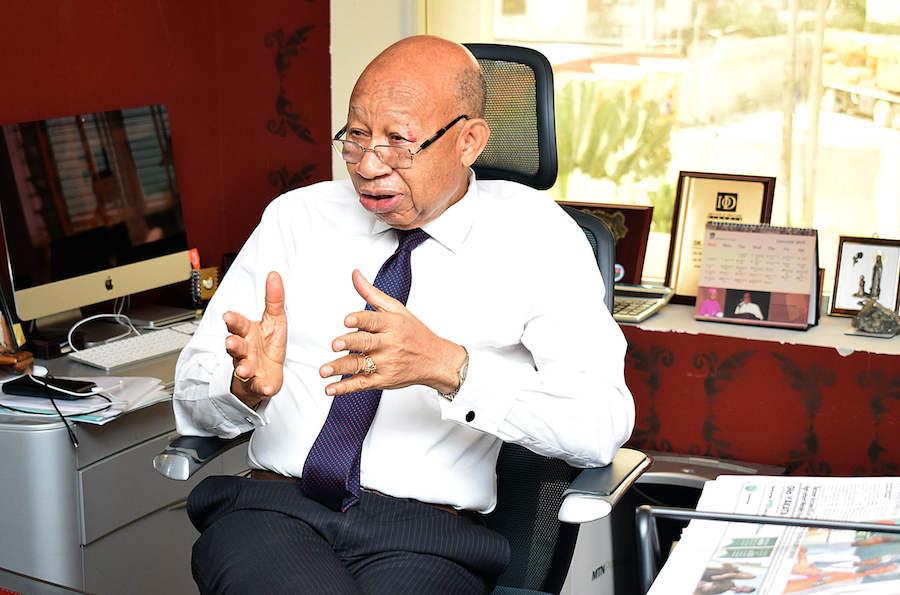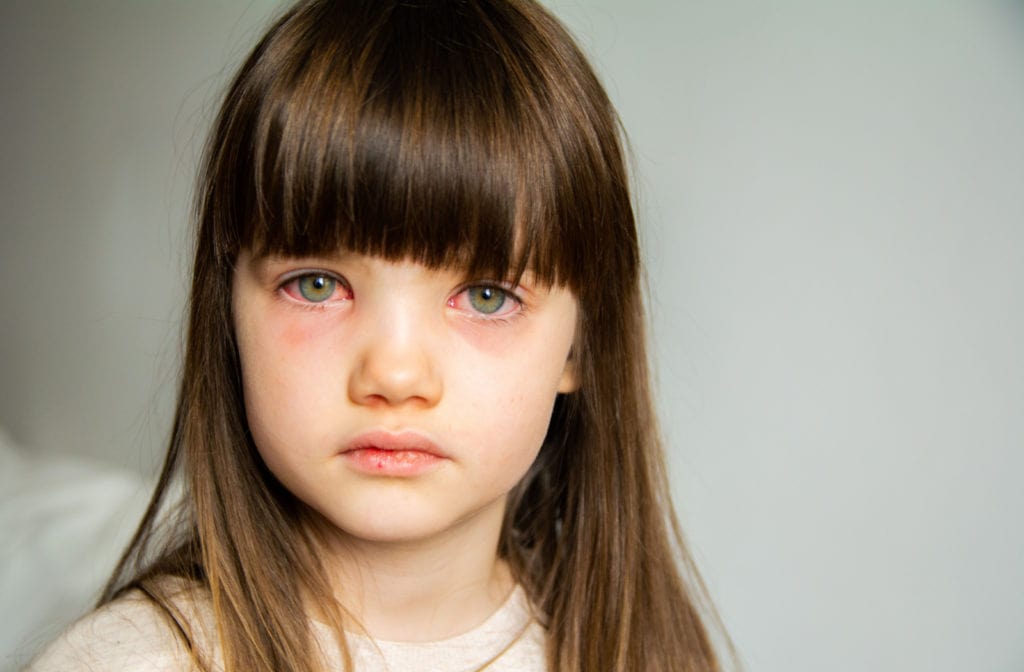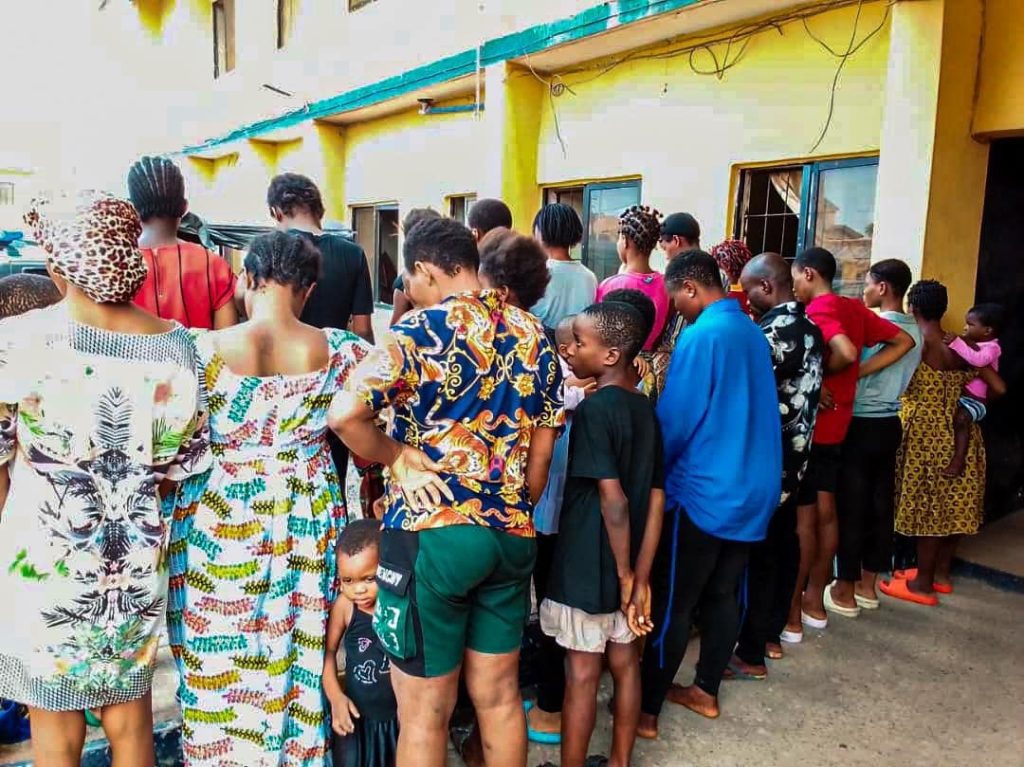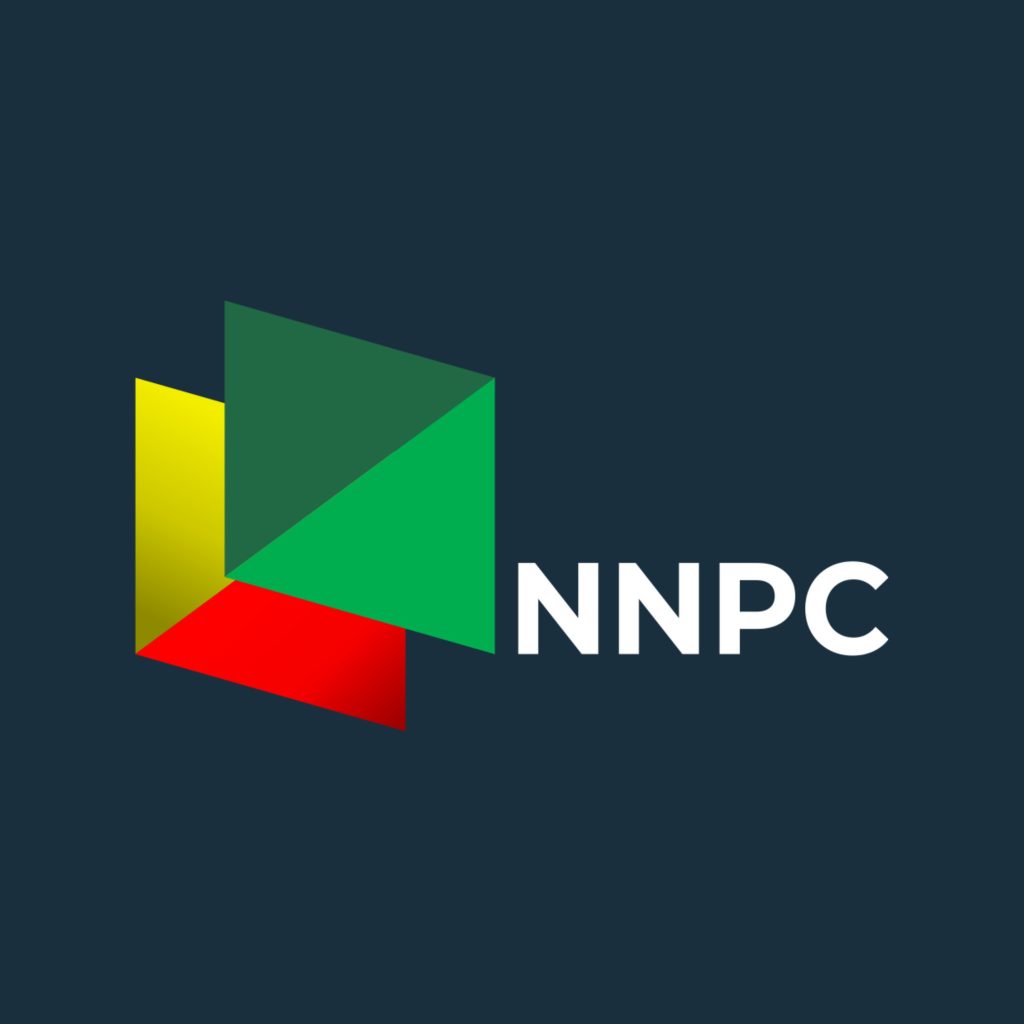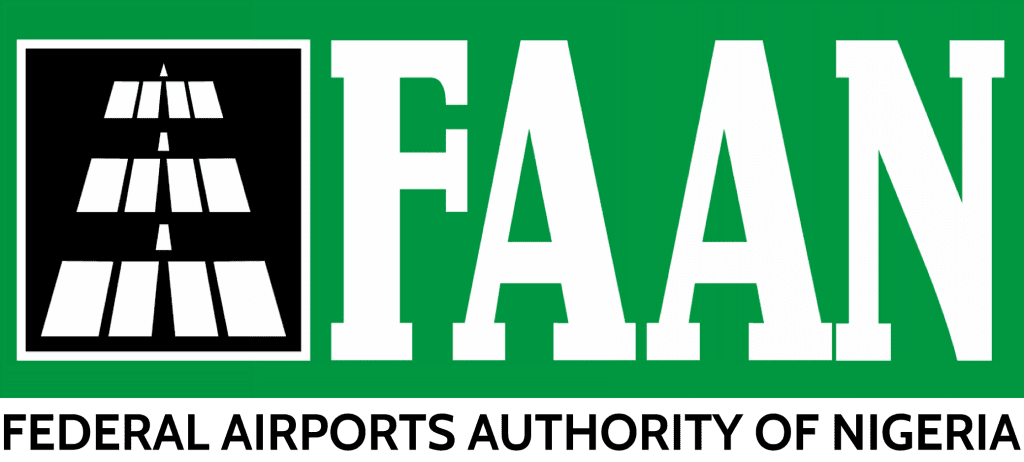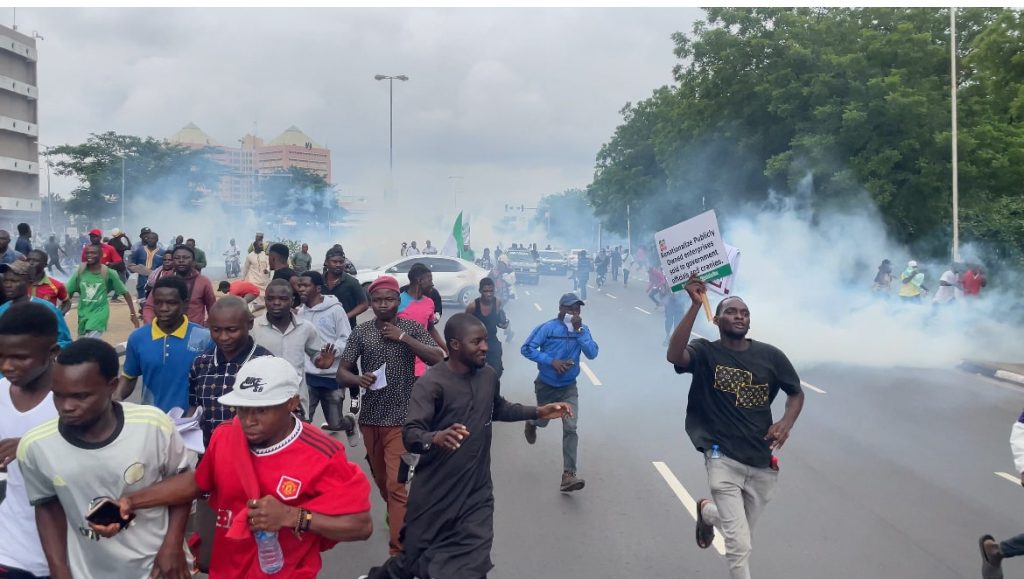Cancer care in Nigeria faces significant challenges with over 127,763 new cases and 79,542 deaths annually, according to WHO. Professor Francis Abayomi Durosinmi-Etti highlighted an alarming rise in cancer cases, including breast, cervical, prostate, and colorectal cancers, increasingly affecting younger people.
Late diagnosis, high treatment costs, and inadequate infrastructure compound the crisis.
Cancer treatments, including chemotherapy, radiotherapy, and surgery, cost millions of Naira, often beyond reach for many Nigerians.
Factors such as imported drugs, naira devaluation, and limited manufacturing facilities escalate costs.
Efforts like the Nigerian Cancer Health Fund and NGO support offer some relief, but demand far outpaces resources.
Modernization has improved care with targeted therapies and new treatment centers, but Nigeria suffers from a shortage of trained oncologists—less than 100 for over 200 million people. Migration of healthcare professionals further worsens the situation.
Public-private partnerships and government efforts to establish new cancer centers and increase awareness offer hope.
Professor Durosinmi-Etti emphasized prevention, early detection, and multi-sector collaboration as key to improving outcomes.
HPV vaccination programs and clinical trials provide promising pathways for progress. With ongoing investments and a collective focus, cancer in Nigeria can transition from a death sentence to a manageable condition.

